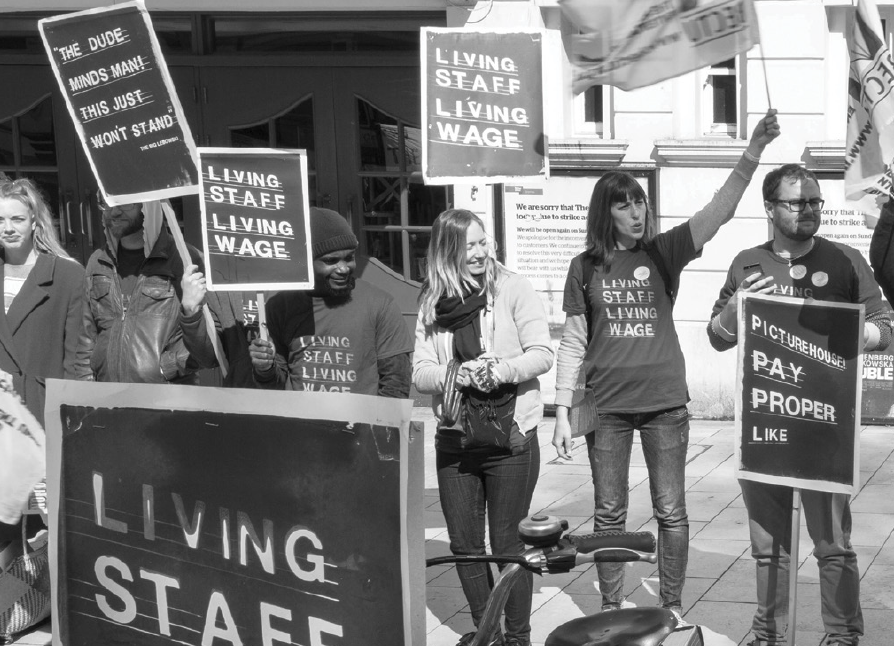
By Karen Shih
Jobs have become increasingly precarious in recent decades. Companies have restructured in significant ways, cutting back on the number of full-time, benefits-eligible employees—and instead turning to contractors to fill positions like housekeeping, accounting or human resources. From hotel chains to tech giants to law firms, employers are looking for ways to cut costs and improve financial performance. This leaves workers at all levels piecing together gigs with little stability.
“Policymakers are only beginning to understand the nature of these problems,” says Dean David Weil, former administrator of the Wage and Hour Division at the U.S. Department of Labor under President Barack Obama, who describes this as the “fissured workplace.”

But one place where officials have taken a comprehensive look at their labor laws and recently implemented some significant changes is the province of Ontario in Canada.
In 2015, Ontario’s Minister of Labour Kevin Flynn appointed two experts to lead the largest review of the province’s labor laws in decades. As part of their work, they traveled to Washington, D.C. in February 2016 to meet with Weil and his staff to understand how the workplace had changed in the United States, the challenges facing the working population, and policies that could be implemented in response. That started an ongoing series of talks and meetings between Weil and policymakers and researchers in Ontario throughout 2016-17.
Recommendations from the experts released in mid-2016 “embraced a lot of ideas about how to reorient the workplace,” says Weil, which led to new legislation passed in November 2017. This included an equal pay mandate for part-time and temporary workers doing the same job as full-time employees, personal emergency leave expansion and a minimum wage increase.
For Weil, one of the most important recommendations was enlarging and strengthening the enforcement powers of the Ministry of Labour to proactively and systematically target businesses violating labor standards such as meeting the minimum wage, accurately tracking hours and paying for overtime.
“Historically, the agency was very reactive, taking action only based on complaints lodged by workers,” he says. That limited its reach, because “the people who complain aren’t the people facing the biggest problems,” like immigrants or low-wage workers who can’t afford to lose their jobs. “They were very impressed by the changes we made at Wage and Hour during the Obama administration to become more strategic and impactful in enforcement.”
The work in Ontario isn’t done. While government polls show the new legislation is popular, “they didn’t enact the full-blown changes the experts asked for. They took on pieces,” Weil says. There’s room for new policies, which he plans to discuss with researchers and officials when he returns to Ontario in the spring.
“What they’re doing through legislation can provide lessons in the United States, where a lot of working people are hurting right now,” says Weil.
“We’re just seeing the beginning of wider interest and political pressure to address things like the gig economy and changes in employment relationships,” he says, pointing to promising state-level actions on paid leave and fair scheduling. “The Ontario example says that these issues will resonate more with the public and therefore policymakers need to be ready. The final piece of the puzzle is that schools of social policy, like Heller, need to step up and think about what those policies will look like, based on hard-hitting research and analysis.”
